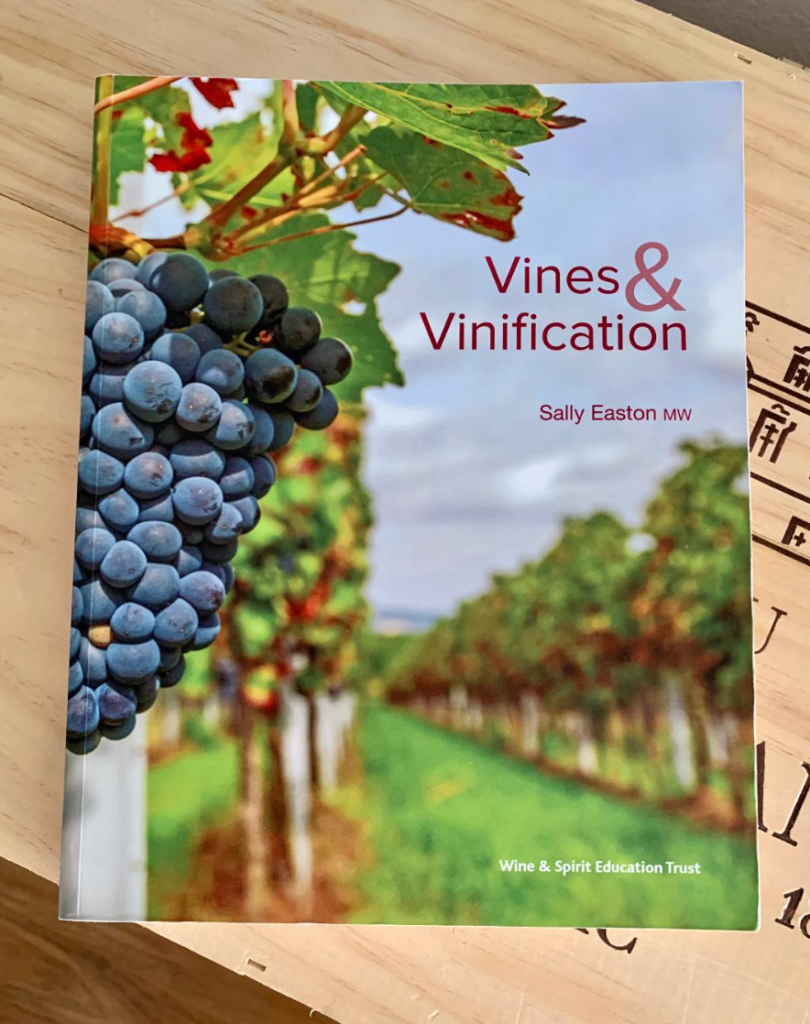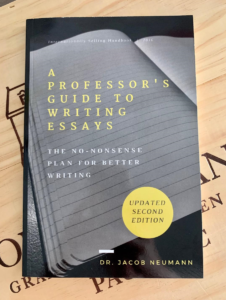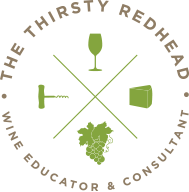I can’t believe it’s been over a year!
Since we last spoke, I’ve settled into married life and rejoined the Master of Wine program. Long story short, I just completed my petition to move from Stage 1 to Stage 2. The exams were canceled this year due to the flu. Still, they allowed Stage 1 candidates to submit a robust petition (including an online Theory and Practical assessment) to be judged whether we are suitable to advance to Stage 2.
The last part (the online assessment) was last week, and I took a solid 48 hours off before opening the books again.
But I swear! It will be different this year!! I’ll be so much more diligent and tenacious!!! I swear!!! Interesting how a closed-book assessment will always ignite your motivation and commitment again.
How I prepared for Stage 1 Assessment
I have been preparing this year as if I were sitting Stage 2. Or so I thought.
- I have been studying topic-by-topic since June 2019.
- I have started a file for just definitions.
- I have been noting examples as I encounter them.
- I have been tasting open-label and tasting blind.

But when I really take a hard look at the many hours I have spent, I see that I have been falling back into my old habits: passive study. Just because an activity takes a lot of hours does not mean that it is an effective use of my time, nor does it mean that I am moving any closer to my overall goal. For instance, in the weeks leading up to the assessment, I read, cover-to-cover, my new favorite Paper 1-3 book Vines and Vinification. I made lots of notes based on that reading. True, some of the notes were re-organized into tables so I could digest it faster. Still, despite the mad scramble, I wasn’t really relating any of it directly to the syllabus, or, more importantly, I wasn’t using past essays as a guide to help me figure out what to focus on.
What is the plan now?
As I burned out towards the end of May, I started to redesign my approach to tackling the syllabus, with an eye firmly on the Stage 2 exams.
I dove into the productivity books, the books about how we learn, and the books about how the brain works.
I tore apart past exams. I studied Examiners’ Reports.
I did a brain dump of all the concepts, processes, and facts that I think a successful candidate should know before sitting the Stage 2 examination. Who knows if I have the right ideas.
But I plan to share with you my process of how I am preparing.
Mostly for my own accountability.
Every MW will tell you that there is no single path to achieving the title of Master of Wine. I believe that. But I hope to help ‘pay it forward’ to the community by sharing some of my methods and strategies here.
Watch this space
Past week: what worked, what didn’t work
What worked: I am getting much better brainstorming what I need to know, linking is to the exam via the syllabus. Then going straight to my resources to pull out precisely the information I need. I did catch myself just ‘reading a little bit more’ (also known as Going Down the Rabbit Hole) but curtailed it (for the most part).
What didn’t work: I am underestimating the amount of time it takes to finish a particular task. This probably means that I am still studying passively (see Rabbit Hole above), or worse, that I am trying to get it perfect instead of finished.
I also planned too many tastings at home. Financially as well as productivity-wise. Sometimes it is just too easy to click a few buttons and type in some numbers. I have started tracking expenses more closely…and that run-rate is not sustainable.
Next week’s plan
Sadly, I have a lot of loose threads from this past week (see above). I’m struggling to just let those hang (Must…Be…Perfect…). At the same time, I don’t know how to shrink my study plan even more.
But assuming I have the strength to continue to make progress and move forward, the plan is:

- Theory: I’m not done with this past week (winemaking chemistry such as oxygen, pH, and sulfur dioxide), but I need to move on to QAQC.
- Practical: After a whole week on just one grape (Syrah), I will focus on a handful of less-frequently appearing grapes and wine styles: Semillon, Barbera, and ice wine. I’m also tackling one big region: Chilean reds. And I am working on my vocabulary and arguments as it relates to the Practical, so this week, I am taking time to really tear apart Quality.
- Other: As a product of the American educational system, I just now, in my mid-40s, learning how to write an essay. To that end, I am making my way through A Professor’s Guide to Writing Essays. It is truly no-nonsense.
Alright. Enough talk. 51 weeks to go. Time to execute.
Background and study strategy (51 weeks to go)

